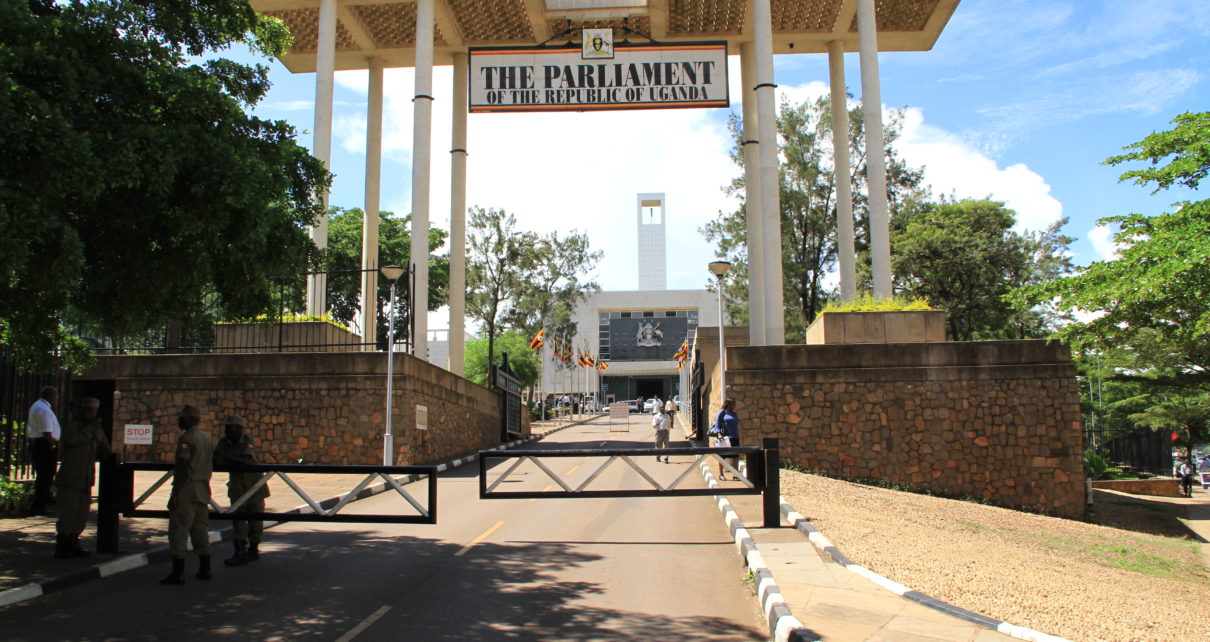Discussions around disinformation often focus on the behaviour of Russia and China due both to their aggressive behaviour and their influential position within the international system. The two countries have long practiced information warfare as a tactic to upset the rules-based international order. However, the practice of disinformation techniques–commonly defined as a strategy of utilizing false information to construct narratives detrimental to an adversary–is pervasive within both principal and lesser powers, particularly as cross-border political and social movements have become more prevalent and persuasive. This phenomenon has become particularly apparent in Uganda, as American evangelical figures active within the conservative movement have contributed to the persecution of that country’s LGBTQ+ community through a combination of intentional falsehoods and religious sermons. In addition to harming fundamental human rights, this practice also highlights the role of disinformation in a global repudiation of Western-style liberalism.
Uganda’s persecution of members of its LGBTQ+ community has been one of the most harrowing human rights abuses on the continent. Uganda’s government maintains a criminal penalty on gay sex and has routinely passed legislation designed to stigmatize and target members of the LGBTQ+ community, including a proposed 2009 bill that would have instituted capital punishment in cases involving “aggravated homosexuality.” In 2014, despite its previous failure in the legislature, Uganda’s ruling party eventually passed the “Anti-Homosexuality Act,” which imposed prison sentences on those that “promoted” or “abetted” homosexual acts. Since its passage, multiple gay rights advocates have been found brutally murdered, while police raids against known safe spaces for the LGBTQ+ community have become more common. Further, multiple high-profile politicians in Uganda, including the president, have continued to use stigmatizing language against the LGBTQ+ community to bolster their own popularity, contributing to an environment of harassment, fear, and violence.
However, rather than representing a purely domestic phenomenon, the Ugandan government’s vitriolic attitude towards LGBTQ+ individuals has been partly fostered abroad, namely in the US. Over the past two decades, American fundamentalist Christians, most prominently Scott Lively, have routinely visited Uganda, interacting with key government and religious officials across the country. Lively, a former candidate for governor of Massachusetts and an influential evangelical pastor and missionary who has traveled across the US and Eastern Europe, first visited Uganda in 2002. During this trip, and a subsequent visit in 2009, Lively presented at a three-day conference about the dangers of the “gay agenda” and the benefits of pro-family policies while also speaking to Christian leaders, multiple universities, and the Ugandan Parliament. These dangers, as articulated in his other publications such as The Pink Swastika, which falsely claimed that gay men were primarily responsible for carrying out the Holocaust, along with the overall erosion of society through the public acceptance of the LGBTQ+ community. Further, a lawsuit filed against Lively in the US alleges that during his visits to Uganda, Lively conspired with Ugandan politicians to incite “hysteria” against the LGBTQ+ community, leading to their increased persecution by the state and broader society.
The consistent efforts of Lively and other American fundamentalist Christians in Uganda have served to produce an environment in which members of the LGBTQ+ community are actively persecuted and further marginalized. However, rather than representing the efforts of charismatic missionaries, the intentions of these individuals can be better understood as a successful attempt to enact a disinformation campaign designed to engineer a particular public policy outcome, preserving the influence of Christianity within politics. This intention can be demonstrated by Lively and others’ direct messaging on the dangers of the “gay agenda” rather than more typical Christian sermons, their coordinated interactions with Ugandan politicians and other public leaders, and its overall effect on the public’s attitude towards LGBTQ+ individuals, which changed dramatically after 2009.
Further, the actions of these ministers also highlight a growing trend among those associated with the American right as cross-border political and social movements trafficking in disinformation have become more common. In addition to his visits to Uganda, Lively has also traveled to Latvia, Poland, and Estonia to advocate for the passage of similar measures. Further, prominent figures in the American right have also continued to express support for Hungary, a self-styled “illiberal democracy” and traditionally socially conservative society, as evidenced through Fox News’s positive media coverage and the Conservative Political Action Conference’s (CPAC) decision to host a meeting in Budapest. This support has largely been related to Hungary’s adoption of anti-LGBTQ+ policies based on blatant falsehoods, including banning materials marketed to children that contain depictions of LGBTQ+ individuals due to concerns over “homosexual propaganda” and pedophilia. As such, these campaigns, while not directly associated with one another, nevertheless illuminate the role of disinformation in the rise of an interconnected global movement to counter Western-style liberalism’s gradual shift away from the influence of Christianity and towards a secular form of politics.
While Uganda is far from an international outlier regarding its stance on the rights of LGBTQ+ individuals, the intervention of American-based Christian fundamentalists and far-right figures remains notable. Beyond preaching their interpretation of evangelical Christianity, Scott Lively and other similar figures have consistently attempted to spread disinformation regarding the supposed threat posed by the LGBTQ+ community in an effort to influence public policy and bolster a public morality rooted in Christianity. This campaign has resulted in human rights tragedy as harassment and violence directed towards LGBTQ+ individuals has increased significantly since 2009 and contributed to the marginalization of an already vulnerable community.
Further, this shift in Ugandan politics, along with Hungary and other countries in Eastern Europe, also highlights the increasing influence of American far-right social conservatism within international politics, largely fuelled by disinformation campaigns. Aside from highlighting the globalization of the American “culture wars” or the widespread appeal of evangelical Christianity, Uganda’s experience also illuminates the human face of disinformation campaigns–a face hidden far too often by fear.
Image copyright: “Parliament of Uganda” by Andrew Regan via Wikimedia Commons. Licensed under CC BY-SA 3.0.
Disclaimer: Any views or opinions expressed in articles are solely those of the authors and do not necessarily represent the views of the NATO Association of Canada.




